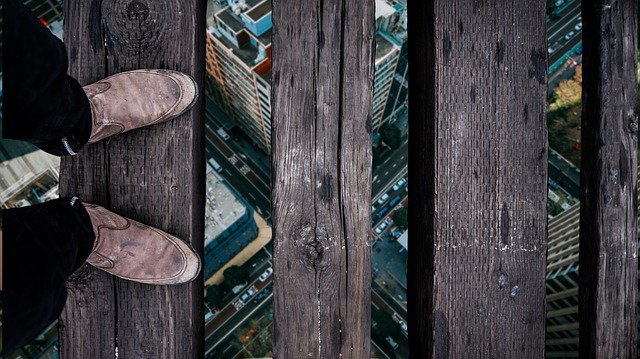
Every now and again a book comes out that hits home so perfectly, that touches on issues everyone knows are wrong, yet no one knows how to change or address. And this book is a perfect example of that.
Small Animals: Parenting in the Age of Fear is a book by Kim Brooks that addresses something very real in our society today – the fact that we are so often driven by fear in the parenting choices we make. Fear of “the system”, fear of criminalization, and fear of the judgement of other parents. And it is this fear that determines how we parent our children, not their best interests or what we know to be right.
What is the book about, and why is it important?
As the Amazon description explains,this book is fueled by urgency and the emotional intensity of Brooks’s own story. “One morning, Kim Brooks made a split-second decision to leave her four-year old son in the car while she ran into a store. What happened would consume the next several years of her life and spur her to investigate the broader role America’s culture of fear plays in parenthood.”
“In Small Animals, Brooks asks, Of all the emotions inherent in parenting, is there any more universal or profound than fear? Why have our notions of what it means to be a good parent changed so radically? In what ways do these changes impact the lives of parents, children, and the structure of society at large? And what, in the end, does the rise of fearful parenting tell us about ourselves?”
The lack of support among parents is at the core of her story.
In her book, Brooks talks about the fact that we seem to be propelled into our parenting choices by superstition. And we’re intent on criticizing other parents’ choices. In fact, parents these days seem to spend more time telling other people how to parent their own children than in caring for our own.
Brooks interviewed Lenore Skenazy, the parenting activist who runs Free Range Kids, and what she has to say about parents in this day and age is brutally truthful.”We are more interested in policing mothers than in protecting children” Skenazy claims, and she goes on to say that she believes our current idea of a “good” parent is someone “‘who watches and manages and meddles and observes ceaselessly.”
So what can be done to solve this problem?
Brooks doesn’t have all the answers. She doesn’t even have most of them. But she can clearly see where we’ve gone wrong, and she’s right about one thing – if we weighed risk more rationally, we would think about the benefits to children of independence and self-reliance and problem solving. Because the cost of taking that away is almost too much too much to bear for society.
So what can we do to fix this problem? In truth, there isn’t one answer, or one solution that we can apply and watch everything fall into place. Change has to happen at a grassroots level for it to be effective, and the only way we as a society can change the fact that we’re fearful parents, is to start with ourselves. We can stop being so judgmental of one another’s parenting choices. Be kinder to struggling parents, and work to help, not to punish one another when we’re having a hard time. In the end, those are the changes that will matter.
